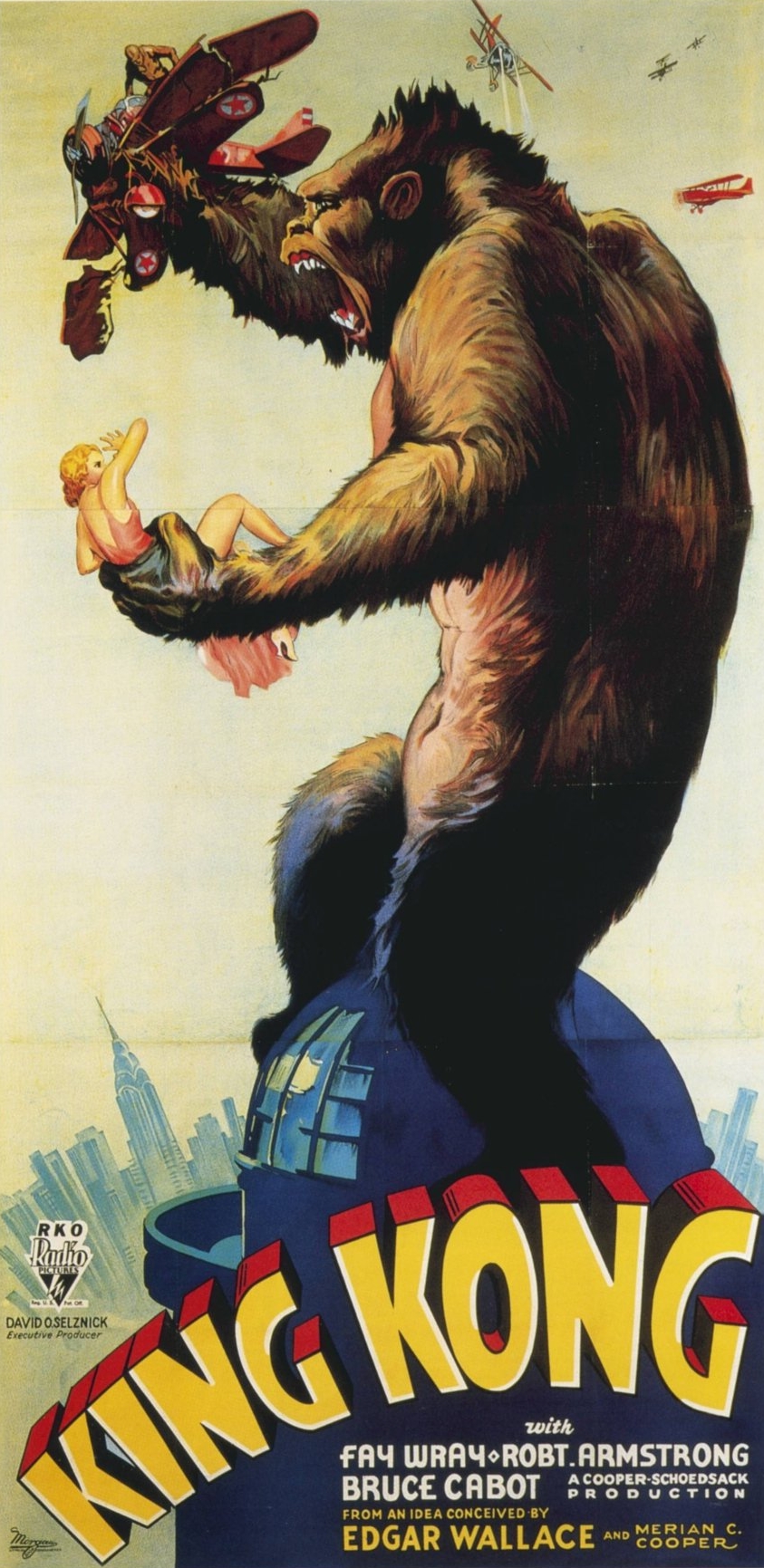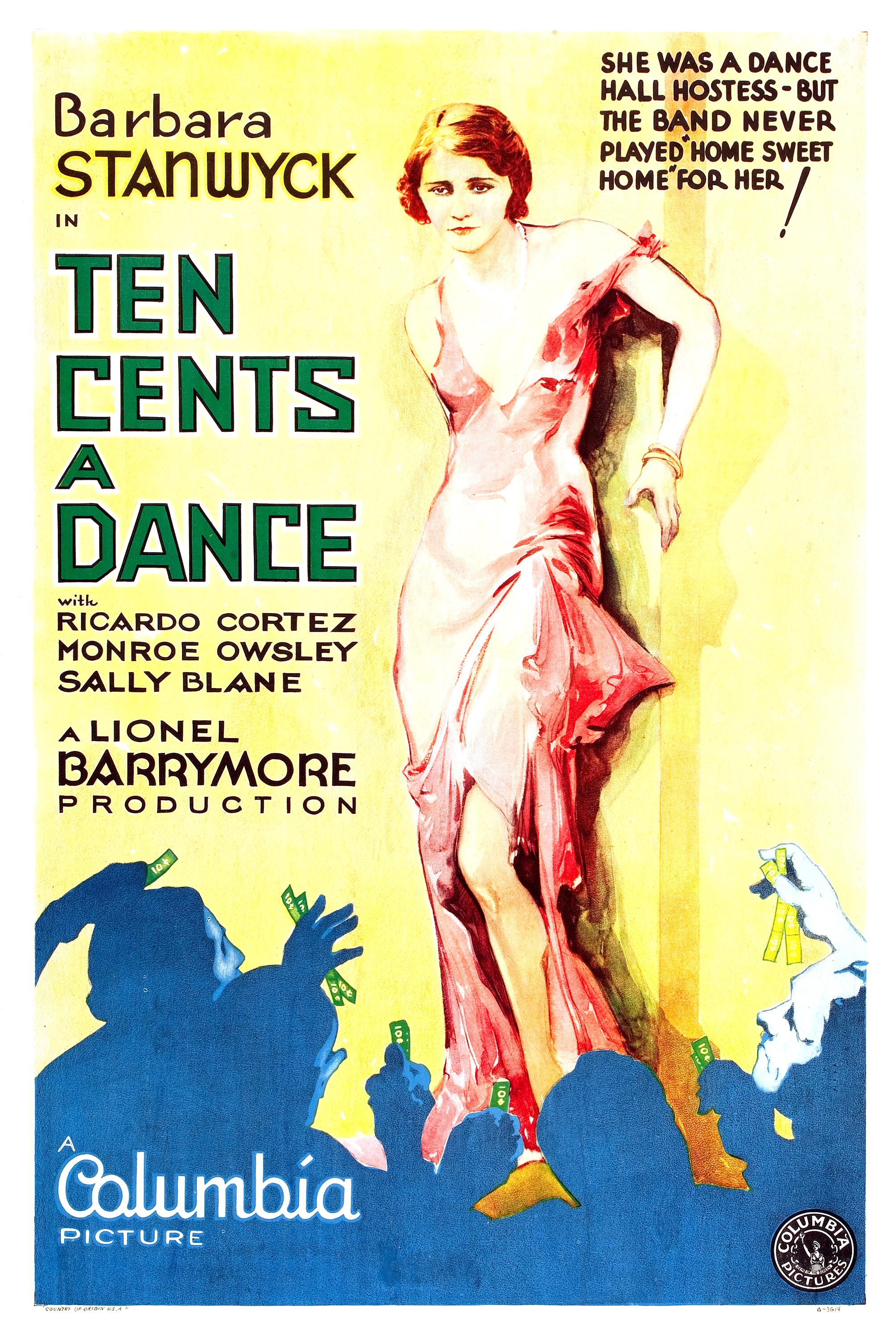|
Young Bride
''Young Bride'' is a 1932 American pre-Code drama film directed by William A. Seiter and written by Garrett Fort, Ralph Murphy and Jane Murfin. The film stars Helen Twelvetrees, Eric Linden, Arline Judge, Roscoe Ates and Polly Walters. The film was released on April 8, 1932, by RKO Pictures. Plot Cast * Helen Twelvetrees as Allie Smith Riggs * Polly Walters as Daisy * Eric Linden as Charlie Riggs * Arline Judge Margaret Arline Judge (February 21, 1912 – February 7, 1974) was an American actress and singer who worked mostly in low-budget B movies, but gained some fame for habitually marrying, including two brothers. Judge specialized in playing fai ... as Maisie * Roscoe Ates as Mike, the Pool Room Bartender * Blanche Friderici as Miss Margaret Gordon, the Librarian * Cliff Edwards as Pete * Edwin Maxwell as The Doctor * Phyllis Crane as The Taxi Dancer * Edmund Breese as Mr. C. B. Chadwick, the Broker References External links * * * 1932 film ... [...More Info...] [...Related Items...] OR: [Wikipedia] [Google] [Baidu] |
William A
William is a masculine given name of Germanic origin. It became popular in England after the Norman conquest in 1066,All Things William"Meaning & Origin of the Name"/ref> and remained so throughout the Middle Ages and into the modern era. It is sometimes abbreviated "Wm." Shortened familiar versions in English include Will or Wil, Wills, Willy, Willie, Bill, Billie, and Billy. A common Irish form is Liam. Scottish diminutives include Wull, Willie or Wullie (as in Oor Wullie). Female forms include Willa, Willemina, Wilma and Wilhelmina. Etymology William is related to the German given name ''Wilhelm''. Both ultimately descend from Proto-Germanic ''*Wiljahelmaz'', with a direct cognate also in the Old Norse name ''Vilhjalmr'' and a West Germanic borrowing into Medieval Latin ''Willelmus''. The Proto-Germanic name is a compound of *''wiljô'' "will, wish, desire" and *''helmaz'' "helm, helmet".Hanks, Hardcastle and Hodges, ''Oxford Dictionary of First Names'', Oxfor ... [...More Info...] [...Related Items...] OR: [Wikipedia] [Google] [Baidu] |
Blanche Friderici
Blanche L. Friderici (January 21, 1878 – December 23, 1933) was an American film and stage actress, sometimes credited as Blanche Frederici. Early years Friderici was a native of Brooklyn, New York. Her parents were William E. Friderici and Rosetta Elizabeth Freeman Friderici. Career Friderici did not aspire to be an actress, but rather an acting and elocution teacher. However, her eyesight began to fail, deteriorating to the point she could no longer read, so she turned from teaching acting to actually acting. An admirer of her recitals introduced her to impresario David Belasco, who cast her in ''The Darling of the Gods''. Between 1914 and 1927, Friderici appeared in nine Broadway theatre productions in New York City, including a production of ''39 East'' (1919) and as Mrs. Davidson in the play ''Rain''. Friderici appeared in sixty films from 1920 to 1934. Her début was as Miss McMasters in the film adaptation of ''39 East'' (1920). In ''Night Nurse (1931 film), Night ... [...More Info...] [...Related Items...] OR: [Wikipedia] [Google] [Baidu] |
RKO Pictures Films
RKO Radio Pictures Inc., commonly known as RKO Pictures or simply RKO, is an American film production and distribution company, historically one of the major film studios, "Big Five" film studios of Cinema of the United States, Hollywood's Classical Hollywood cinema#1927–1960: Sound era and the Golden Age of Hollywood, Golden Age. The business was formed after the Keith-Albee-Orpheum theater chain and Joseph P. Kennedy, Joseph P. Kennedy's Film Booking Offices of America studio were studio system, brought together under the control of the Radio Corporation of America (RCA) in October 1928. RCA executive David Sarnoff engineered the merger to create a market for the company's sound-on-film technology, RCA Photophone, and in early 1929 production began under the RKO name (an initialism of Radio-Keith-Orpheum). Two years later, another Kennedy concern, the Pathé Exchange, Pathé studio, was folded into the operation. By the mid-1940s, RKO was controlled by investor Floyd Odlum. ... [...More Info...] [...Related Items...] OR: [Wikipedia] [Google] [Baidu] |
Films Scored By Max Steiner
A film, also known as a movie or motion picture, is a work of visual art that simulates experiences and otherwise communicates ideas, stories, perceptions, emotions, or atmosphere through the use of moving images that are generally, since the 1930s, synchronized with sound and (less commonly) other sensory stimulations. Etymology and alternative terms The name "film" originally referred to the thin layer of photochemical emulsion on the celluloid strip that used to be the actual medium for recording and displaying motion pictures. Many other terms exist for an individual motion-picture, including "picture", "picture show", "moving picture", "photoplay", and "flick". The most common term in the United States is "movie", while in Europe, "film" is preferred. Archaic terms include "animated pictures" and "animated photography". "Flick" is, in general a slang term, first recorded in 1926. It originates in the verb flicker, owing to the flickering appearance of early films. ... [...More Info...] [...Related Items...] OR: [Wikipedia] [Google] [Baidu] |
1930s English-language Films
Year 193 ( CXCIII) was a common year starting on Monday of the Julian calendar. At the time, it was known as the Year of the Consulship of Sosius and Ericius (or, less frequently, year 946 ''Ab urbe condita''). The denomination 193 for this year has been used since the early medieval period, when the Anno Domini calendar era became the prevalent method in Europe for naming years. Events By place Roman Empire * January 1 – Year of the Five Emperors: The Roman Senate chooses Publius Helvius Pertinax, against his will, to succeed the late Commodus as Emperor. Pertinax is forced to reorganize the handling of finances, which were wrecked under Commodus, to reestablish discipline in the Roman army, and to suspend the food programs established by Trajan, provoking the ire of the Praetorian Guard. * March 28 – Pertinax is assassinated by members of the Praetorian Guard, who storm the imperial palace. The Empire is auctioned off; Marcus Didius Julianus the hig ... [...More Info...] [...Related Items...] OR: [Wikipedia] [Google] [Baidu] |
American Drama Films
American(s) may refer to: * American, something of, from, or related to the United States of America, commonly known as the "United States" or "America" ** Americans, citizens and nationals of the United States of America ** American ancestry, people who self-identify their ancestry as "American" ** American English, the set of varieties of the English language native to the United States ** Native Americans in the United States, indigenous peoples of the United States * American, something of, from, or related to the Americas, also known as "America" ** Indigenous peoples of the Americas * American (word), for analysis and history of the meanings in various contexts Organizations * American Airlines, U.S.-based airline headquartered in Fort Worth, Texas * American Athletic Conference, an American college athletic conference * American Recordings (record label), a record label that was previously known as Def American * American University, in Washington, D.C. Sports tea ... [...More Info...] [...Related Items...] OR: [Wikipedia] [Google] [Baidu] |
1932 Drama Films
Year 193 ( CXCIII) was a common year starting on Monday of the Julian calendar. At the time, it was known as the Year of the Consulship of Sosius and Ericius (or, less frequently, year 946 ''Ab urbe condita''). The denomination 193 for this year has been used since the early medieval period, when the Anno Domini calendar era became the prevalent method in Europe for naming years. Events By place Roman Empire * January 1 – Year of the Five Emperors: The Roman Senate chooses Publius Helvius Pertinax, against his will, to succeed the late Commodus as Emperor. Pertinax is forced to reorganize the handling of finances, which were wrecked under Commodus, to reestablish discipline in the Roman army, and to suspend the food programs established by Trajan, provoking the ire of the Praetorian Guard. * March 28 – Pertinax is assassinated by members of the Praetorian Guard, who storm the imperial palace. The Empire is auctioned off; Marcus Didius Julianus the highest ... [...More Info...] [...Related Items...] OR: [Wikipedia] [Google] [Baidu] |
1932 Films
The following is an overview of 1932 in film, including significant events, a list of films released and notable births and deaths. Top-grossing films (U.S.) The top ten 1932 released films by box office gross in North America are as follows: Events The Film Daily Yearbook listed the following as the ten leading headline events of the year. * Sidney Kent leaves Paramount Pictures and joins Fox Film. * Merlin H Aylesworth succeeds Hiram S Brown as president of RKO. * Jesse L. Lasky leaves Paramount and becomes an independent producer for Fox. * Sam Katz leaves Paramount. * James R Grainger leaves Fox and is succeeded by John D Clark, formerly of Paramount. * Publix and Fox decentralization of cinemas. * New industry program, including standard exhibition contract along lines of 5-5-5, proposed by Motion Picture Theater Owners of America and Allied. * Joe Brandt retires from Columbia Pictures, joins World-Wide, and later resigns again. * Two Radio City theaters open, under ... [...More Info...] [...Related Items...] OR: [Wikipedia] [Google] [Baidu] |
Edmund Breese
Edmund Breese (June 18, 1871 – April 6, 1936) was an American stage and film actor of the silent era. Biography Breese was born in Brooklyn, New York. His parents were Renshaw Breese and Josephine Busby. The Opera House in Eureka Springs, Arkansas, was the site of Breese's stage debut in the summer of 1895. He portrayed Adonis Evergreen in ''My Awful Dad''. Long on the stage with a varied Broadway career before entering films, Breese appeared with James O'Neill in ''The Count of Monte Cristo'' (1893), ''The Lion and the Mouse'' (1906) with Richard Bennett, ''The Third Degree'' (1909) with Helen Ware, ''The Master Mind'' (1913) with Elliott Dexter, the popular World War I era play ''Why Marry?'' (1917) with Estelle Winwood & Nat C. Goodwin and ''So This Is London'' (1922) with Donald Gallaher. He also acted in a stock company at the Castle Square Theatre in Boston. Breese's film career began in 1914 with the Edison Studios. He appeared in more than 120 films be ... [...More Info...] [...Related Items...] OR: [Wikipedia] [Google] [Baidu] |
Taxi Dancer
A taxi dancer is a paid dance partner in a ballroom dance. Taxi dancers work (sometimes for money but not always) on a dance-by-dance basis. When taxi dancing first appeared in taxi-dance halls during the early 20th century in the United States, male patrons typically bought dance tickets for a small sum each. When a patron presented a ticket to a chosen taxi dancer, she danced with him for the length of a song. She earned a commission on every dance ticket she received. Though taxi dancing has for the most part disappeared in the United States, it is still practiced in some other countries. Etymology The term "taxi dancer" comes from the fact that, as with a taxi-cab driver, the dancer's pay is proportional to the time they spend dancing with the customer. Patrons in a taxi-dance hall typically purchased dance tickets for ten cents each, which gave rise to the term "dime-a-dance girl". Other names for a taxi dancer are "dance hostess" and "taxi" (in Argentina). In the 1920s ... [...More Info...] [...Related Items...] OR: [Wikipedia] [Google] [Baidu] |





